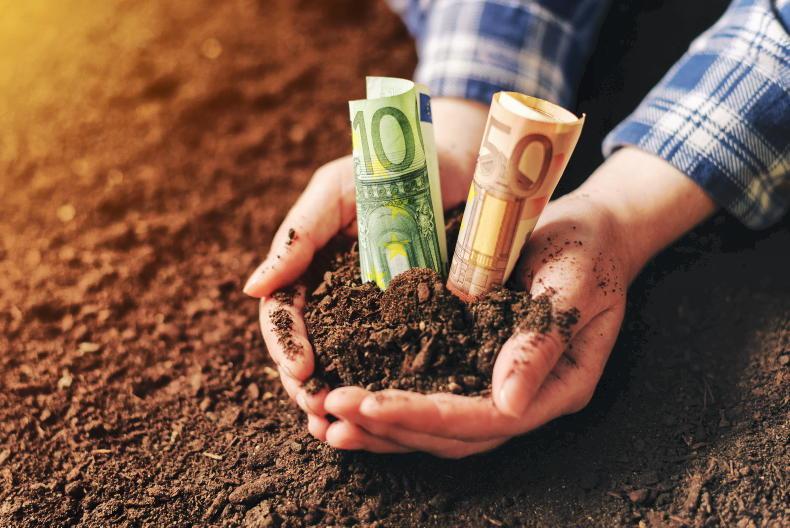Running a successful farm is a hugely challenging enterprise, requiring a range of skills that are wider than almost any other career. As well as being adept at doing the job of looking after animals and crops, maintaining buildings, equipment and machinery, managing employees, keeping up to date on what seems like an ever-increasing level of regulation, dealing with unexpected weather, disease and illness challenges, farmers also have to look after the financial health of their business.
In recent years, the pressure on farmers to improve their environmental sustainability credentials has only increased. Farmers and processors have risen to this challenge, which is fundamentally a whole-industry challenge. There are huge amounts of information and support available.
However, when it comes to financial sustainability, farmers often find themselves on their own in the decisions they make, with less focus given to how money should be managed to guarantee that each operation is able to survive for the long-term and provide the returns needed to both keep this generation of farmers in place – and also attract the next generation.
This issue of financial sustainability is starting to be talked about more, and at a time when farm incomes are relatively strong, it is worth looking at how farmers can hold on to as much of their money as possible through efficient tax planning – while also putting their farms and their finances on a sound footing for the longer-term.
Over the coming pages we will look at the tax measures that can be used to maximise efficiency, the potential investment opportunities available for those who find themselves with some money to invest and other ways of helping to ensure the long-term financial sustainability of both the farm business and the farmer themselves.










SHARING OPTIONS